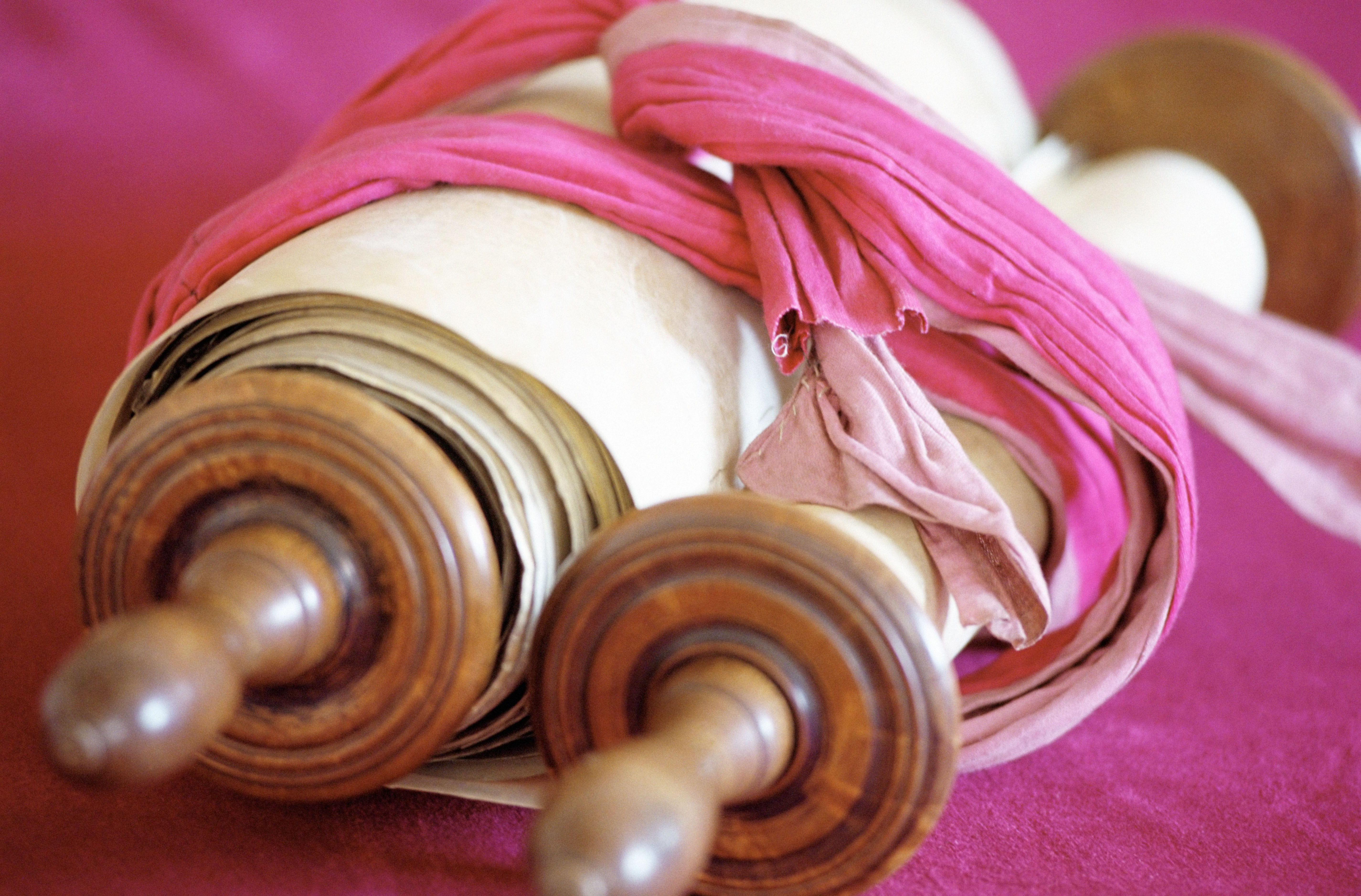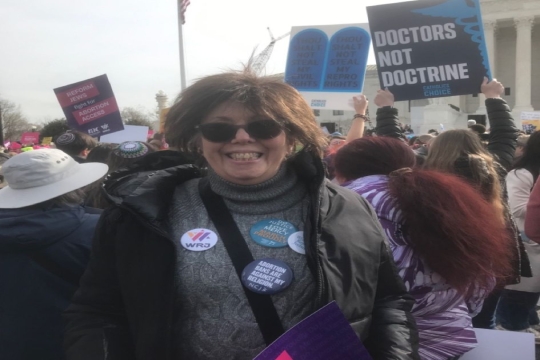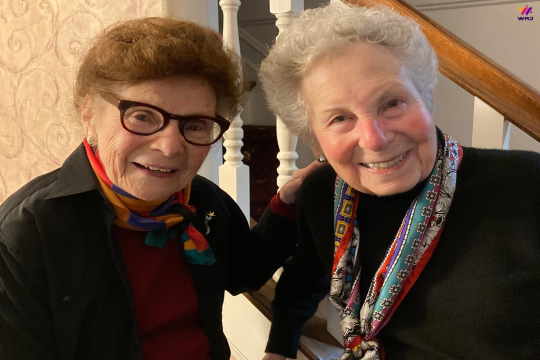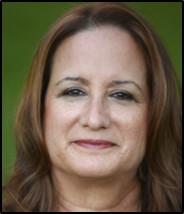
This week’s parashah is Vayeria. We continue in Genesis with the story of Abraham and Sarah’s pregnancy with Issac, Abraham sending Hagar and Ishmael into the wilderness, the destruction of the city of Sodom, and Abraham’s offering of Issac as a sacrifice to G*d. This section is full of serious reflections on life, the importance of women in the procreation of generations, the choices between good and evil in society, the violence against women, family inheritance, and people’s direct discussion with G*d.
This D’var Torah focuses on legacy and inheritance. Women’s roles are in procreation and supporting their husbands and family. We weren’t part of inheritance decision-making. Having a male child was essential in passing on the family’s assets consisting of land, animals, and any other valuables to the next generation. G*d appeared to Abraham through three emissaries saying “Rest assured that I will return to you in this time next year, and your wife, Sarah shall have a son.” Sarah and Abraham are old and this feels like a joke at first for Sarah considering her age. At this point, Abraham has a son, Ishmael, by the slave girl, Hagar. From this reading, it’s important to G*d for Abraham’s descendants to be by Sarah as well. It’s not until later in the Torah that daughters are even considered to receive an inheritance from their fathers.
The question of why it’s more important than Sarah’s offspring be the future of the people versus Hagar is not clear in this parashah. Does G*d favor Sarah because she’s a wife instead of a slave girl? What would have happened if Sarah gave birth to a daughter instead of a son? It’s obvious to Sarah the importance of Isaac’s inheritance. She asks Abraham to cast out Hagar and her son to the desert. This will guarantee Isaac’s place as the first in line to lead the tribe after Abraham passes. With Ishmael gone, Sarah is convinced that Isaac can take his rightful place as Abraham’s direct descendent. What is also important at this point is the creation of nations that will follow G*d’s ideals and beliefs. The focus is on the male child and not any female offspring. Lineage is determined by male offspring only. Women provide the offspring to create nations, but men take the credit for the continuation of the family or tribe.
In G*d’s thinking “…Abraham is certain to become a great and populous nation, and through him, all the nations of earth shall be blessed.” Abraham will be instrumental in what he wants his legacy to be. Unfortunately, Abraham will not live to see future generations but does envision and dream of what he would like the future to be. Just like Abraham, we can create and work towards the life we would prefer for the next generation through the work we do, our community involvement, and the beliefs and traditions we pass down.
This year at Yom Kippur, Rabbi Dara Frimmer of Temple Isaiah in Los Angeles asked: How do we want our legacy to be when we pass? We all know we can never accomplish all that we would like in life. We are motivated to live life the best we can and not dwell on our eventual death. Death always comes too soon, but we can think about what is vital to pass on to the next generation. We don’t know what the future will bring but if we are lucky, those that come after us will look back at us with awe.
As Rabbi Frimmer further states “We are living, breathing examples of abundance. We have more than we can possibly ‘use’ in our lifetime. And as we acknowledge our mortal limitations, we expand our capacity to share the abundance with future generations.” Most of us have wills that provide for the disbursement of our assets upon death. It provides a guideline of our desired legacy to the next generation or, in some cases, to others not part of our direct family. If we are fortunate, our wills provide funds to support our children, donations to our selected charities, and create opportunities for others in our consideration.
We are fortunate to be Jewish women who have a voice in our legacy, unlike our ancestors. As Jews, we have always been part of a tribe/community/family and not isolated individuals. Do you consider passing on items to your relatives that will remind them of you when you are no longer here? Have you considered making charitable donations a part of your will? Have you had conversations with your family and friends on what is important in your life and how you want to be remembered?
As Jews, it is our responsibility to right the injustices that we see and to help create a better, kinder, and more beneficial world for everyone, not just ourselves. We make choices in our lives to improve the world, do right by our families and friends, and our community. This year, may we continue to make the “right choices.”
Related Posts

Andrea Stillman: A WRJ Leadership Spotlight


